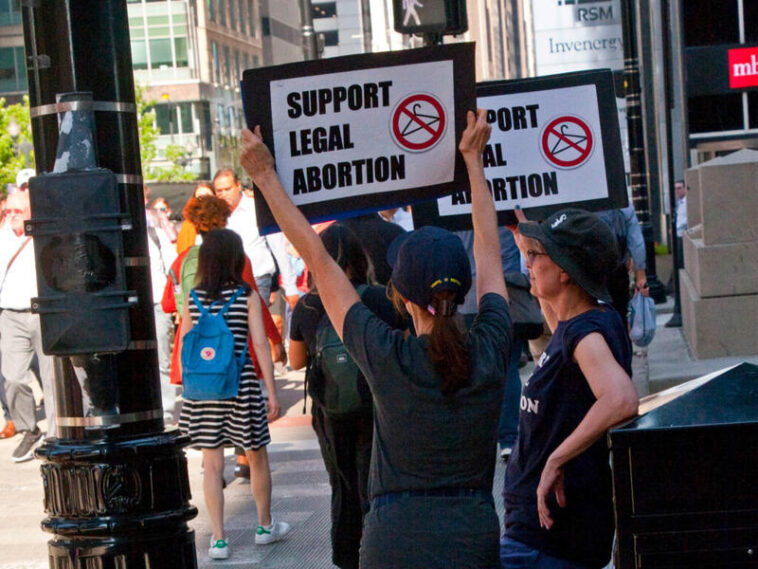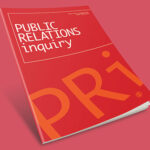
The Impact of Social Media on the Law: Balancing Freedom of Speech and Legal Responsibility
Introduction
Social media has revolutionized the way people communicate and express themselves. However, it has also presented complex legal challenges for individuals, businesses, and governments around the world. While social media platforms offer users the freedom of expression, it can also lead to negative consequences such as online harassment, defamation, and privacy violations. The fundamental issue at hand is how to balance the right to free speech with the need for legal responsibility on social media platforms.
Freedom of Speech and Social Media
Freedom of speech is a fundamental human right in many countries, including the United States and Canada. Social media platforms have become a popular medium for expressing opinions and ideas. The proliferation of social media platforms means that the traditional gatekeepers of the media such as print and broadcast journalists no longer have a monopoly on the dissemination of information and ideas. This means that ordinary people can be heard on a global scale at little or no cost. Social media has become a tool for activism, social change, and democratic participation. Social media platforms such as Twitter have been instrumental in organizing protests, raising awareness of social issues, and holding governments and corporations accountable.
Keyword: Freedom of Speech, Social Media Platforms
The Challenges of Regulating Social Media
The proliferation of social media platforms, and the ease with which their content can be shared, has made it challenging for governments and regulatory bodies to monitor and regulate online activity. It has proven to be a complex task to balance the need for free expression and personal privacy with the responsibility to protect individuals from hate speech, cyberbullying, and other forms of online harassment. While most social media platforms have community guidelines that prohibit offensive and dangerous content, enforcing these guidelines has proven to be difficult.
Keyword: Regulating Social Media, Online Activity
Legal Responsibility on Social Media Platforms
The legal responsibility of social media platforms in terms of user-generated content has been a contentious issue in recent years. The Communications Decency Act of 1996 in the United States, for example, provides immunity to website operators from liability for content posted by third parties. However, this immunity does not extend to content that violates intellectual property laws, criminal laws, or federal civil rights laws. Social media platforms such as Twitter and Facebook have faced scrutiny for their role in spreading hate speech, terrorist propaganda, and fake news. The question of who is legally responsible for the content on social media platforms remains a subject of debate among lawmakers and legal experts.
Keyword: Legal Responsibility, User-generated Content, Social Media Platforms
The European Union’s Approach to Social Media Regulation
The European Union (EU) has taken a tougher approach to regulate social media and protect its citizens’ privacy. In May 2018, the General Data Protection Regulation (GDPR) came into effect, aimed at regulating the collection, storage, and use of personal data by online services. The EU has also proposed several laws to curb the spread of terrorist content and other harmful content on social media platforms. The proposed laws would require social media platforms to remove such content within one hour of notification. The EU has taken a proactive approach in confronting the challenges of social media, balancing the need for free expression and the responsibility to protect its citizens.
Keyword: European Union, Social Media Regulation, General Data Protection Regulation, Harmful Content
The Role of Social Media in Legal Cases
Social media has become a valuable tool for lawyers, both in building cases and in conducting investigations. Social media platforms provide a wealth of evidence, including photographs, videos, posts, and comments that can be used to support or refute a case. However, this has also raised concerns about the privacy of social media users and ethical dilemmas for lawyers. Lawyers must be careful when accessing social media content in legal cases, ensuring that they do not violate ethical rules or the privacy rights of individuals.
Keyword: Social Media, Legal Cases, Evidence, Privacy
Conclusion
Social media has had a profound impact on society, bringing about political and social change and empowering individuals and groups to express themselves. However, it has also presented legal challenges, as the line between freedom of speech and responsibility has become increasingly blurred. Social media companies must balance the need for free expression with the responsibility to protect their users and society from harmful content. Ultimately, it is up to lawmakers and legal experts to ensure that social media platforms are held accountable for their role in shaping the digital landscape.
Originally Post From https://www.miamiherald.com/news/article285170717.html
Read more about this topic at
The Burnout – by Sophie Kinsella (Hardcover) – Whose Books
The Song of Significance, The New Great Seth Godin


